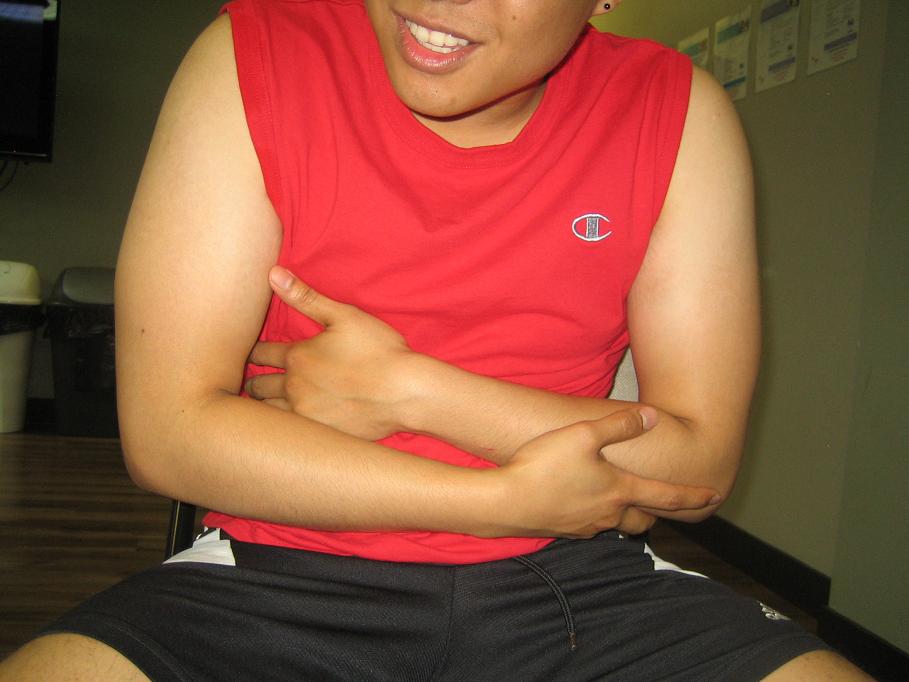Ureteral injuries are likely to occur during pelvic or abdominal operations such as cesarean delivery, removal of the uterus or colon, abdominal aortic aneurysm repair or ureteroscopy.
An uncommon cause for ureteral injuries is penetration by a stab wound or gunshot. In rare instances, blunt injuries especially those that cause the trunk to bend backwards can separate the upper part of the ureter from the kidney.
When ureteral injuries are left untreated, complications such as an abscess, formation of an abnormal connection to another abdominal structure, urine flow blockage, narrowing of the ureter, persistent urinary leakage or even infection can occur.
What are the indications?

An individual usually complains of abdominal pain or there is discomfort in the area amidst the ribs and the hip or there is leakage of urine from the wound. Fever can occur with an infection caused by persistent urinary leakage. In addition, blood might also be present in the urine.
The doctor will suspect an injury once an individual with symptoms recently had a surgical procedure or when the individual has a wound that penetrated the abdomen.
Once an injury is suspected, imaging tests are needed. The initial test is often a CT scan with radiopaque dye or intravenous urography. Oftentimes, retrograde pyelography is carried out, usually during cystoscopy. Oftentimes, the injuries are identified during surgery.
Treatment
Some cases of minor ureteral injuries can be managed by the placement of a flexible tube in the ureter either via the bladder or through the kidney using a needle inserted into the side of the individual.
These treatments divert the urine from flowing via the ureter, usually for 2-6 weeks to allow healing. If the injury does not heal despite the stent, further surgery might be required. In severe cases, surgery is needed to reconstruct the ureter.
The treatment also helps to prevent complications. In case complications occur despite efforts to prevent them, they require treatment.

